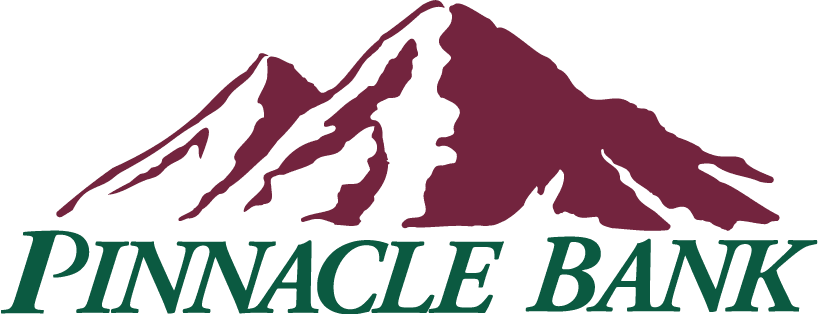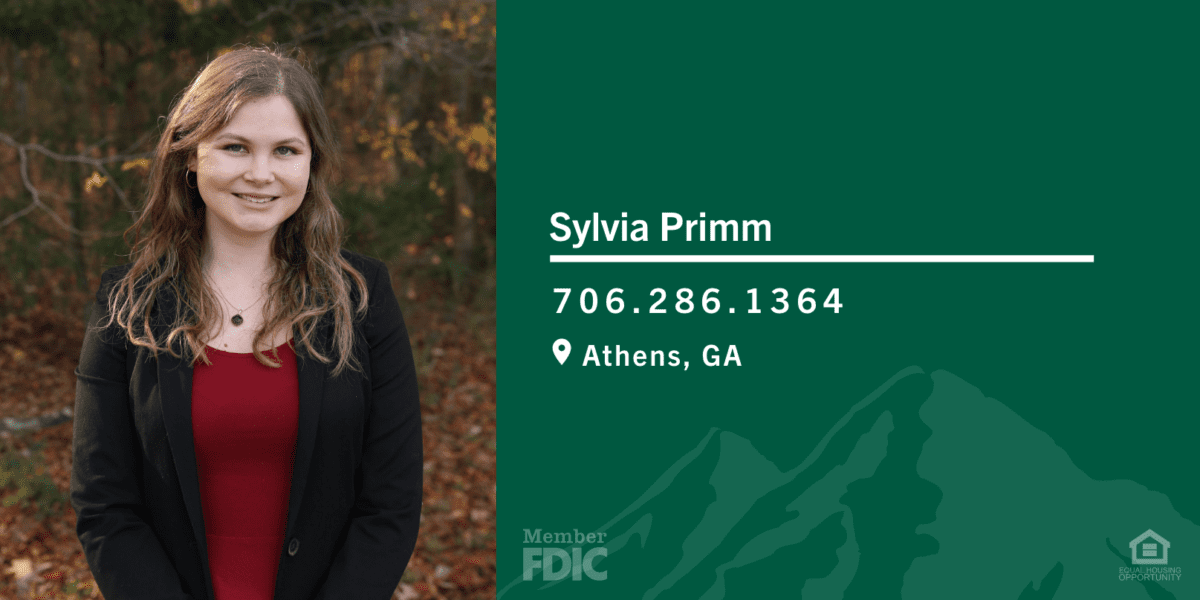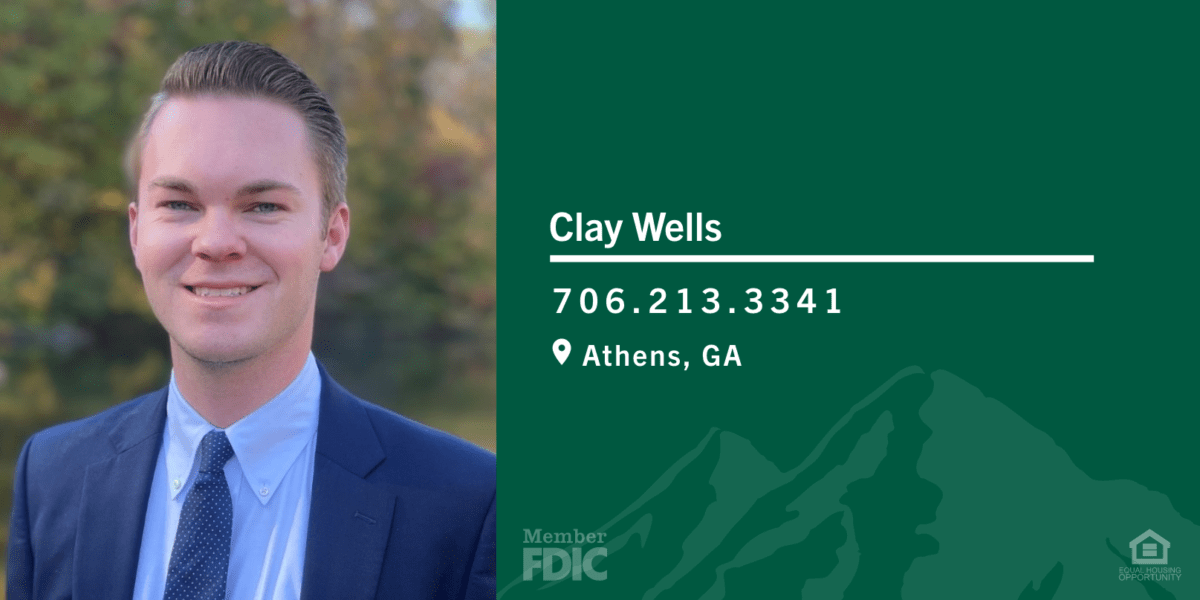At Pinnacle Bank, we understand the importance of maintaining independence and comfort in your golden years. The vast majority of older Americans wish to remain in their homes long after retirement, a concept known as “aging in place.”
If this is something you or a loved one is considering, we’re here to offer practical tips and financial guidance to make that possible:
Take a hard look at your finances.
Arrange a meeting with a trusted family member or friend and a banker. It’s critical to understand your financial resources, how long they’ll last and what housing options are the most cost effective for you. Be sure to consider all costs associated with aging in place, including:
- Home modifications, home insurance and property taxes
- Transportation to medical appointments, shopping and other errands
- In-home caregiver for house upkeep and medical purposes
Assess your home and determine what modifications are necessary.
While staying in your home is preferable for many, there are often design changes that must be made to ensure it’s also safe and comfortable.
- Make sure there is at least one step-free entrance to your home or consider installing an outdoor ramp.
- Update lighting inside and outside of the house so that all walkways and stairs are well lit. Clear pathways throughout the house and firmly secure all carpets to the floor to prevent tripping.
- Utilize lever style handles for doors and faucets to ensure easy movement.
- Ensure there are accessible switches and outlets for people of any height.
- If a bedroom and bathroom does not or cannot exist on the first floor, consider installing an elevator or chairlift. At a minimum, make sure you have handrails on both sides of your stairs.
- Install grab bars in the bathtub, shower, or near the toilet.
Make security a priority.
Older Americans are often targets for scams and other criminal behavior. Be cautious about who you allow in your home and disclose sensitive information to.
- Install up to date and easy to use locks. Make sure your front door has a peep hole or a security monitor so you can see who is outside.
- Consult someone you trust when hiring a contractor, financial advisor, etc.
Look into community resources.
If mobility is limited, look into services offered in your area. Many communities have established non-profit programs that offer transportation and food delivery to assist older Americans at a reasonable cost.
Be prepared for possible emergencies.
- Keep a list of all emergency contacts on your refrigerator or by phone.
- Consider a Personal Emergency Response System. Transmitters can be worn as a bracelet or around your neck and require the simple push of a button to send a signal to a call center.
- Have your address number visible from the street so emergency responders can easily identify your home.
Reevaluate every six months to make sure all needs are being met.
As you age, your needs inevitably change. Take time twice a year, or as needed, to sit down with your trusted family or friend and make sure your current living situation is still the right one.
We hope these six pointers have provided valuable insights and actionable steps to support you or your loved ones in aging in place. At Pinnacle Bank, we’re committed to being your trusted partner through every stage of life. Our dedicated team is here to help you navigate financial planning, home modifications and community resources to ensure a safe and fulfilling experience at home.
Reach out to us today to learn more about our services and how we can assist you in creating a secure and comfortable living environment.
Together, let’s make aging in place easier than ever.

















